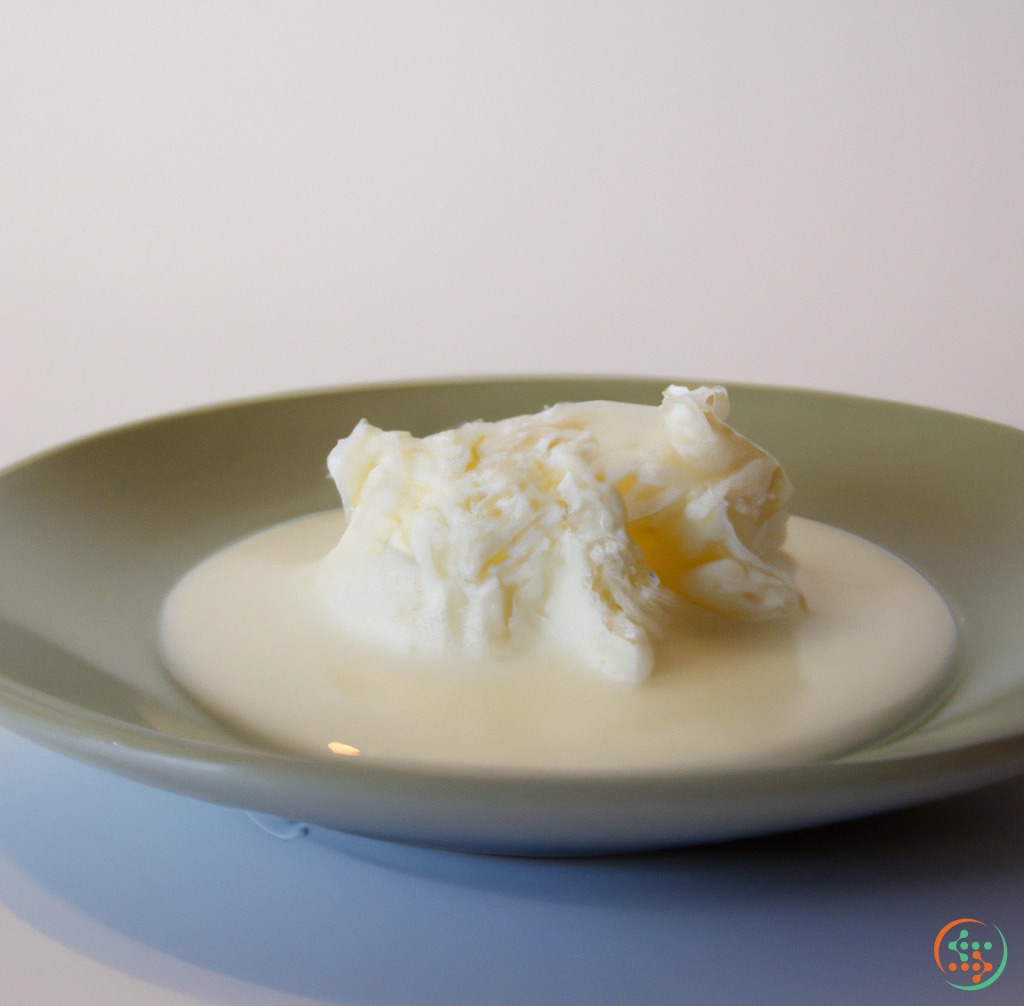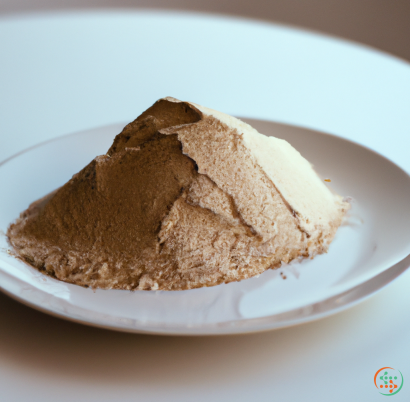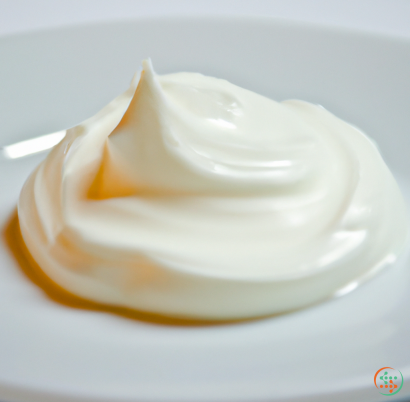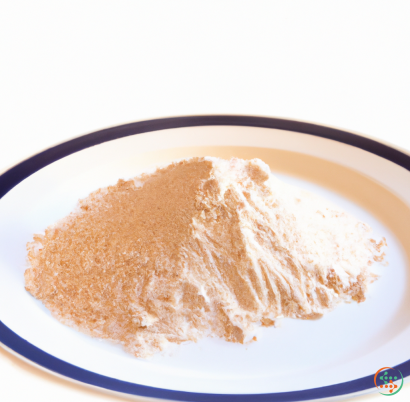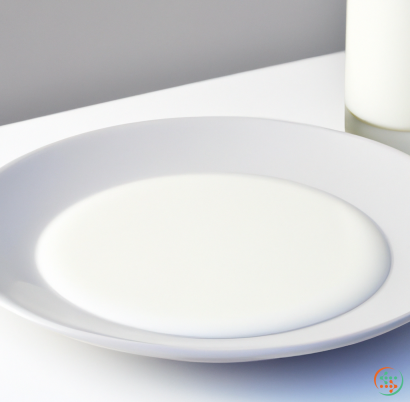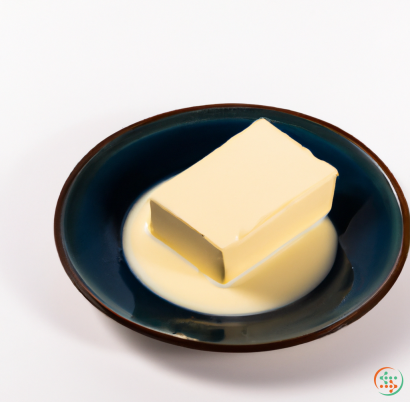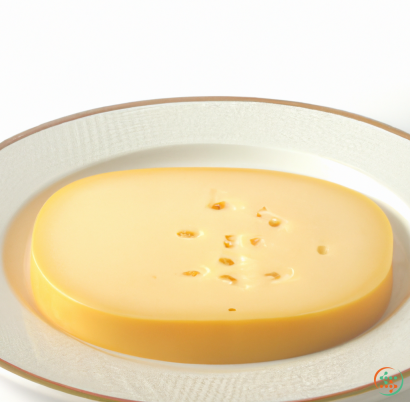Kefir
Kefir is a fermented milk drink with origins in Russia and the Caucasus mountains. It has a tart, tangy flavor and a thick, creamy texture which makes it a popular option for a quick and healthy meal. Kefir has become increasingly popular in recent years due to its numerous health benefits, including aiding digestive health, boosting immunity and helping to fight allergies and depression.
What is Kefir?
Kefir is a unique type of fermented milk drink that has been around for centuries. It is made by fermenting milk with a combination of sugar, salt, and beneficial bacteria called kefir grains. This combination of ingredients and fermentation creates a probiotic-rich beverage with a tart, tangy flavor and creamy texture. It is traditionally consumed as a breakfast food in some parts of the world, but it can be enjoyed in many forms, such as smoothies, shakes, and mixed with fruits and other ingredients.
Kefir has a high concentration of beneficial bacteria, including Lactobacillus acidophilus, Bifidobacterium bifidum, Streptococcus thermophiles, and others. These bacteria are known as probiotics and they can help to aid digestion, boost the immune system, and fight allergies, depression, and other diseases. As a result, Kefir has become a popular choice for those looking to maintain good overall health.
Nutrition Facts
Kefir has a moderate amount of calories and proteins, while providing relatively low amounts of carbohydrates, fat, and fiber. Depending on the type and brand of Kefir, it can provide different amounts of various vitamins and minerals including calcium, phosphorus, vitamin B12, vitamin D, potassium, riboflavin, and niacin.
Health Benefits
Kefir has numerous health benefits for both adults and children. For example, it is a great source of probiotics and can help to promote healthier digestion and gut health. The probiotics in Kefir can also prevent and reduce the symptoms of certain gastrointestinal disorders, such as irritable bowel syndrome and small intestinal bacterial overgrowth (SIBO).
Kefir is also a great source of calcium, magnesium, and other minerals, which can help to strengthen bones and improve bone health. Additionally, Kefir may also help to fight off colds and other illnesses due to its high levels of vitamins and antioxidants.
In addition, its probiotic content can help to boost immunity and reduce inflammation, which is why it is often recommended to people suffering from allergies, depression, and other conditions. Kefir has also been linked to a reduced risk of developing certain types of cancer, such as colon cancer.
How to Make Kefir
Making your own Kefir is a fairly simple process. All you need is a base liquid (such as cow’s milk, almond milk, coconut milk, etc.), Kefir grains, a container to ferment the mixture, and a strainer.
First, mix together the base liquid and Kefir grains in a container. Then, cover the container and let the mixture sit at room temperature for at least 24 hours. Once the fermentation process is complete, strain the Kefir and enjoy it cold or warm.
Kefir is delicious and nutritious, and it’s an easy way to add a probiotic-rich drink to your diet. With its many health benefits, it’s no wonder why this fermented milk beverage is becoming increasingly popular.
What is Kefir?
Kefir is a fermented milk drink that originates from the Caucasus region. It is made by adding kefir grains to milk, which then ferments and thickens the milk. The finished product has a tart, slightly effervescent taste and can be enjoyed plain or flavored.
Though kefir has only recently gained popularity in the West, it has a long history in Eastern Europe and the Caucasus region. The word kefir is thought to have come from the Turkish word “keyif,” which means “feeling good” or “pleasure.” It is often referred to as “milk’s champagne” due to its slightly fizzy, refreshing taste.
Kefir grains are not actually grains, but rather clumps of yeast and lactic acid bacteria that resemble small cauliflower florets. These grains are responsible for fermentation and give kefir its unique flavor and probiotic benefits.
Probiotics are live microorganisms (in this case, yeast and bacteria) that offer health benefits when consumed. They can help balance the gut microbiota, support immune function, and even reduce inflammation.
The fermentation process of kefir also creates B-vitamins, including B12, and enzymes that aid in digestion. Kefir is a good source of calcium, phosphorus, and vitamin D, and is also lower in lactose than milk, making it easier to digest for those with lactose intolerance.
How is Kefir Made?
Kefir is made by adding kefir grains to milk and allowing it to ferment. The milk can be from any animal, but is most commonly made with cow, goat, or sheep milk. The kefir grains will feed on the lactose in the milk and convert it into lactic acid, carbon dioxide, and alcohol.
This fermentation process takes about 24-48 hours, after which the kefir is strained to remove the grains. The grains can be used to make additional batches of kefir, or they can be discarded. The finished kefir can be enjoyed plain, or it can be flavored with fruit, honey, or other ingredients.
It is important to note that kefir made at home will not contain the same probiotic strains as commercial kefir. This is because the kefir grains used in commercial production are specially cultured to contain specific strains of bacteria and yeast.
While the probiotic benefits of homemade kefir are still present, they will not be as robust as those found in commercial kefirs.
How to Make Kefir at Home
Making kefir at home is a simple process that only requires milk and kefir grains. You will also need a clean glass jar and a strainer.
To get started, simply add the milk and kefir grains to the jar and stir gently to combine. Then, cover the jar with a clean cloth or coffee filter and secure with a rubber band.
Allow the mixture to sit at room temperature for 24-48 hours, depending on how tart you want the finished kefir to be. The longer it ferments, the more sour the kefir will become.
Once the fermentation process is complete, strain the kefir through a coffee filter or cheesecloth to remove the grains. Enjoy the kefir plain, or flavor it with fruit, honey, or other ingredients as desired.
The kefir grains can be used to make additional batches of kefir, or they can be discarded.
Commercial Production of Kefir
While it is easy to make kefir at home, the majority of kefir consumed in the United States is commercially produced.
Commercial kefir is made using a continuous fermentation process, which allows for a more consistent product. In this process, milk is continuously fed into a fermentation vessel, and finished kefir is continually harvested from the other end.
This process is controlled by regulating the temperature, pH, and amount of oxygen in the fermentation vessel. It typically takes about 12 hours to produce commercial kefir.
The finished product is then cooled, strained, and pasteurized. Flavoring and other ingredients can be added at this step, or the kefir can be left plain.
The Benefits of Kefir
Kefir is a healthful probiotic-rich food that offers a number of benefits.
As a probiotic food, kefir can help balance the gut microbiota, support immune function, and reduce inflammation. Kefir is also a good source of B-vitamins, calcium, phosphorus, and vitamin D.
Due to its lower lactose content, kefir is also easier to digest for those with lactose intolerance.
If you are looking for a healthful, probiotic-rich food to add to your diet, kefir is a great option. It is easy to make at home, or you can purchase it commercially.
| Vitamin A | 0.171 mg | |
| Vitamin D | 0.001 mg | |
| Vitamin D3 | 0.001 mg | |
| Vitamin E | 0.02 mg | |
| Vitamin K | 0.1 ug | |
| Vitamin C | 0.2 mg | |
| Vitamin B1 | 0.03 mg | |
| Vitamin B2 | 0.14 mg | |
| Vitamin B3 | 0.15 mg | |
| Vitamin B4 | 0.0152 grams | |
| Vitamin B5 | 0.39 mg | |
| Vitamin B6 | 0.06 mg | |
| Vitamin B9 | 0.013 mg | |
| Vitamin B12 | 0.29 ug |
| Calcium | 0.13 grams |
Daily Value 1.3 g
|
| Iron | 0.04 mg |
Daily Value 0.018 g
|
| Magnesium | 0.012 grams |
Daily Value 0.4 g
|
| Phosphorus | 0.105 grams |
Daily Value 1.25 g
|
| Potassium | 0.164 grams |
Daily Value 4.7 g
|
| Sodium | 0.04 grams |
Daily Value 2.3 g
|
| Zinc | 0.46 mg |
Daily Value 0.011 g
|
| Copper | 0.01 mg |
Daily Value 0.9 mg
|
| Manganese | 0.01 mg |
Daily Value 0.0023 g
|
| Selenium | 0.0036 mg |
Daily Value 0.055 mg
|
| Galactose | 0.91 grams |
|
| Lactose | 3.7 grams |
|
| Total Sugars | 4.6 grams |
per 100g
|
| Caproic acid (6:0) | 0.02 grams |
|
| Caprylic acid (8:0) | 0.01 grams |
|
| Capric acid (10:0) | 0.02 grams |
|
| Lauric acid (12:0) | 0.03 grams |
|
| Myristic acid (14:0) | 0.11 grams |
|
| Palmitic acid (16:0) | 0.31 grams |
|
| Stearic acid (18:0) | 0.12 grams |
|
| Butyric acid (4:0) | 0.03 grams |
|
| Total Saturated fatty acids: | 0.65 g | |
| Oleic acid (18:1) | 0.27 grams |
|
| Palmitoleic acid (16:1) | 0.02 grams |
|
| Total Monounsaturated fatty acids: | 0.29 g | |
| Omega-3 Alpha-linolenic acid (18:3) | 0.01 grams |
|
| Linolenic acid (18:3) | 0.01 grams |
|
| Linoleic acid (18:2) | 0.04 grams |
|
| Total Polyunsaturated fatty acids: | 0.06 g | |
| Cholesterol | 0.01 grams |
|
| Total Sterols: | 0.01 g | |
| Trans-monoenoic fatty acids | 0.03 grams |
|
| Total Trans fat: | 0.03 g | |
